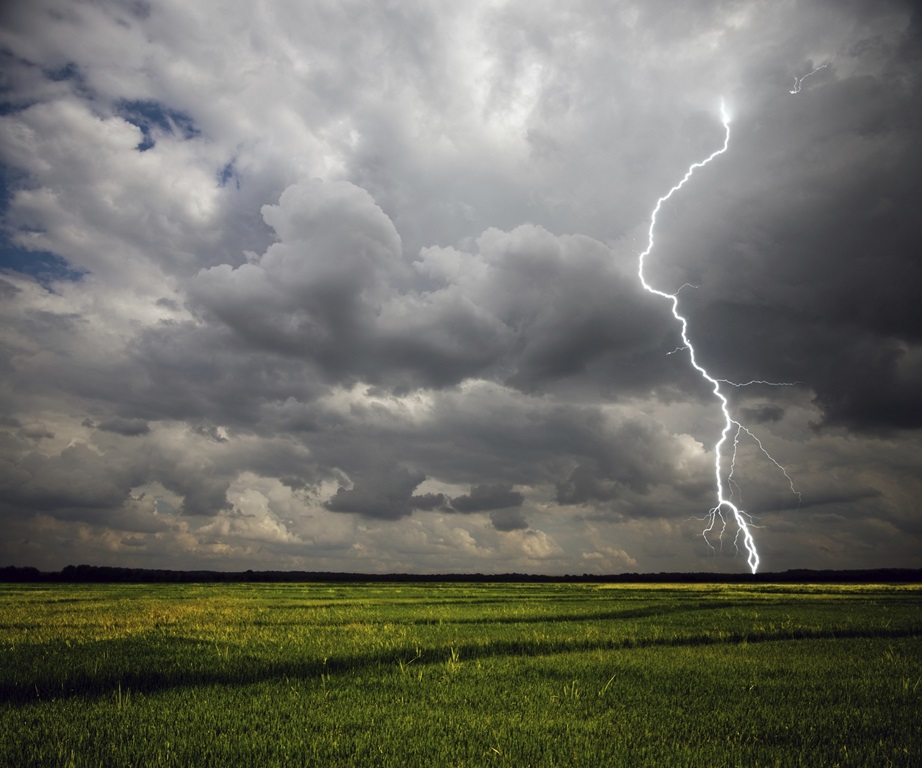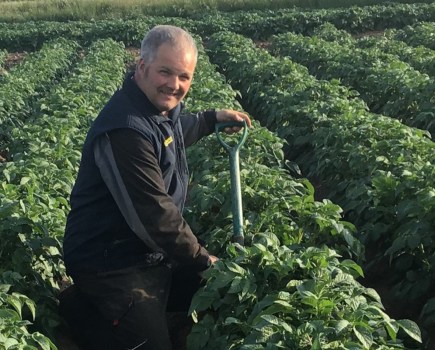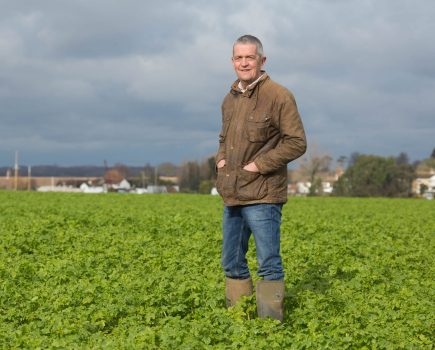 The destination has been set, but the big question is how is UK agriculture going to meet the net zero target?
The destination has been set, but the big question is how is UK agriculture going to meet the net zero target?
The new Agriculture Bill is likely to provide some ‘carrot and stick’ incentives to this end, but the detail of the framework is yet to be established. The Government inquiry looking at how agriculture can achieve net zero emissions, launched by the Environment, Food and Rural Affairs Committee in July, closes at the end of this month and it’s asking for views on some very pertinent questions, including how this can this be achieved while maintaining food production.
If you’ve actually waded through the full IPCC report, published earlier this summer, then it makes sobering and overwhelming reading. At a time of great uncertainty, with the country appearing to be heading towards crashing out of Europe without the sniff of a deal in place, UK agriculture could do with knowing how it’s going to be supported towards making changes to achieve the net zero goal.
It’s the scale of altering the course of global warming that’s hard to compute. It’s only normal to wonder how the globally small contribution of the UK can counteract the effects of the rapidly burning forests in the Amazon. Of course we’re not working on this alone, there are 186 countries who have ratified their commitment to the 2015 Paris Agreement, accounting for 89.38% of global GHG emissions, with the ultimate aim of preventing the climate warming by 2⁰C by 2050.
Russia is expected to join the list this year, adding a further 7.53% GHG, while Donald Trump has stated his intention to withdraw the United States (17.89%) from its commitments, which he can’t do until Nov next year at the earliest.
While Lord Deben set out the UK’s ambition to lead the way to net zero, President Trump has expressed his willingness to expedite trade deals with the UK in the post-Brexit era. But surely there’s a thorny issue of carbon footprints to address before we seek to import foods from the world’s largest climate offender,? It would be hypocrisy of the greatest order if our politicians were to throw British producers under the bus to grease the wheels of a trade deal between the two countries.
If we can trust our politicians to give UK growers a level playing field, many of the agronomic tweaks are things that are already common practice on farms – growing cover crops, matching inputs to crop needs, moving to less fuel-burning tillage systems, improving soil health – so it’s not necessarily a quantum leap in thinking to reduce GHG emissions.
The Government’s own ‘Postnote’ on Climate Change and Agriculture published in May 2019 seems to agree the need is to decrease GHGs per unit of production by more efficient use of inputs, but it also infers that some land will have to come out of production to achieve climate change ambitions – clinically referred to as land use adaptation.

The journey to Net Zero starts here, in a major new initiative from CPM, while we also look at fertiliser, seed, no-till and root crops.
One of the pathways to achieving net zero that’s been proposed by academics at the Grantham Research Institute, London School of Economics and Political Science, is a carbon pricing mechanism that would effectively put a tax on fertiliser inputs and red meat.
The carbon price (carbon trading is actually a ‘thing’) currently stands at approx £16-17/tCO2e. It’s a pricing instrument that governments have applied to other industries to induce them to deal with GHG emissions. The Institute is proposing a carbon price on fertilisers and red meat of £40/tCO2e in 2020, rising to £125/t by 2050. Clearly this approach would drive fertiliser prices through the roof. For example, a tonne of Nitram is 3.4tCO2e, so a carbon tax at the lower level would add £136/t to its price initially, rising to extra £425/t over the next 30 years.
Whichever way you skin it, more change is afoot and embracing the NFU’s net zero target for 2040 may be the best way to avoid regulation. Agriculture is part of the answer to reducing global emissions, not the problem, and has the potential to offset other industries which aren’t so well set to reach net zero. Growers are in the unique situation of having the ability to sequester carbon, but they must surely be rewarded for their efforts, especially if it’s at the expense of production.
Based in Ludlow, Shrops, CPM technical editor Lucy de la Pasture has worked as an agronomist. @Lucy_delaP




